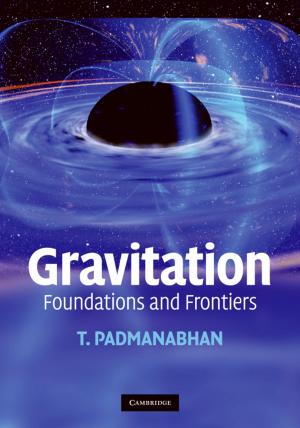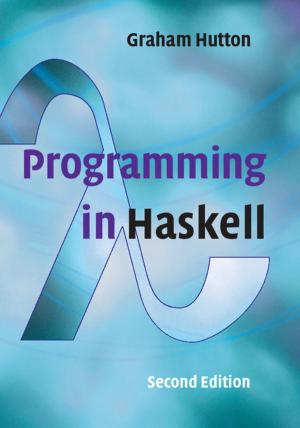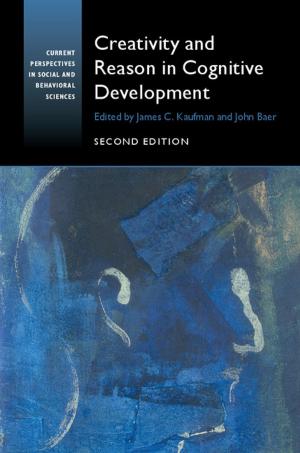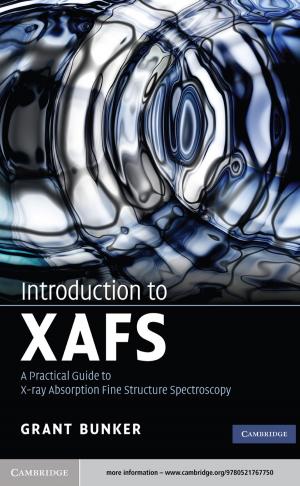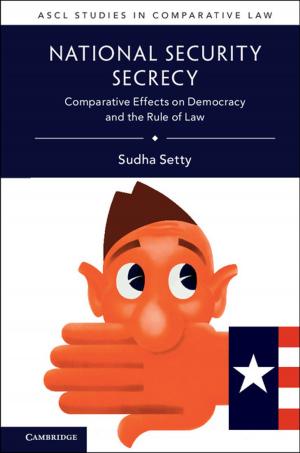Biblical Criticism in Early Modern Europe
Erasmus, the Johannine Comma and Trinitarian Debate
Nonfiction, Religion & Spirituality, Bible & Bible Studies, New Testament, Study| Author: | Grantley McDonald | ISBN: | 9781316789346 |
| Publisher: | Cambridge University Press | Publication: | July 27, 2016 |
| Imprint: | Cambridge University Press | Language: | English |
| Author: | Grantley McDonald |
| ISBN: | 9781316789346 |
| Publisher: | Cambridge University Press |
| Publication: | July 27, 2016 |
| Imprint: | Cambridge University Press |
| Language: | English |
Medieval western theologians considered the Johannine comma (1 John 5:7-8) the clearest biblical evidence for the Trinity. When Erasmus failed to find the comma in the Greek manuscripts he used for his New Testament edition, he omitted it. Accused of promoting Antitrinitarian heresy, Erasmus included the comma in his third edition (1522) after seeing it in a Greek codex from England, even though he suspected the manuscript's authenticity. The resulting disputes, involving leading theologians, philologists and controversialists such as Luther, Calvin, Sozzini, Milton, Newton, Bentley, Gibbon and Porson, touched not simply on philological questions, but also on matters of doctrine, morality, social order, and toleration. While the spuriousness of the Johannine comma was established by 1900, it has again assumed iconic status in recent attempts to defend biblical inerrancy amongst the Christian Right. A social history of the Johannine comma thus provides significant insights into the recent culture wars.
Medieval western theologians considered the Johannine comma (1 John 5:7-8) the clearest biblical evidence for the Trinity. When Erasmus failed to find the comma in the Greek manuscripts he used for his New Testament edition, he omitted it. Accused of promoting Antitrinitarian heresy, Erasmus included the comma in his third edition (1522) after seeing it in a Greek codex from England, even though he suspected the manuscript's authenticity. The resulting disputes, involving leading theologians, philologists and controversialists such as Luther, Calvin, Sozzini, Milton, Newton, Bentley, Gibbon and Porson, touched not simply on philological questions, but also on matters of doctrine, morality, social order, and toleration. While the spuriousness of the Johannine comma was established by 1900, it has again assumed iconic status in recent attempts to defend biblical inerrancy amongst the Christian Right. A social history of the Johannine comma thus provides significant insights into the recent culture wars.



